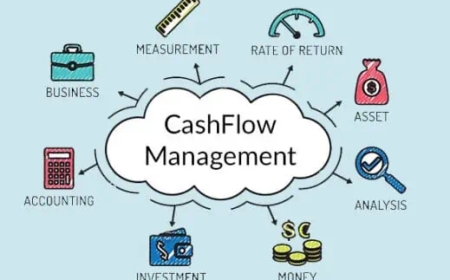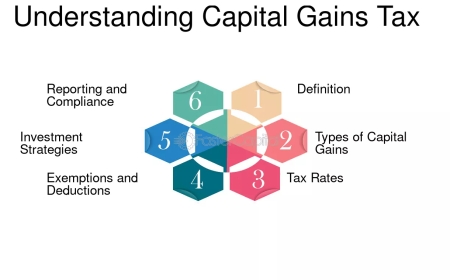How to Protect Your Credit from Fraud
In today's digital age, protecting your credit from fraud is more crucial than ever. With the rise of identity theft and financial scams, it's essential to be proactive in safeguarding your financial information. One of the most effective ways to protect your credit is to monitor your credit reports regularly. You can request a free credit report from the three major credit bureaus - Equifax, Experian, and TransUnion - once a year through AnnualCreditReport.com. Reviewing your credit reports carefully can help you detect any suspicious activity or errors that could be a sign of fraud.
Another important step in protecting your credit is to keep your personal and financial information secure. Be cautious when sharing sensitive information online or over the phone, and never respond to unsolicited emails or calls asking for your financial details. Use strong, unique passwords for your online accounts, and consider using a password manager to keep track of them. Additionally, shred sensitive documents, such as bank statements and credit card offers, before disposing of them to prevent identity thieves from rummaging through your trash.
Credit monitoring services can also be a valuable tool in protecting your credit. These services alert you to any changes or suspicious activity on your credit reports, allowing you to respond quickly to potential fraud. Some credit monitoring services also offer identity theft protection and insurance, which can provide an added layer of security. When choosing a credit monitoring service, consider the level of monitoring and alerts they provide, as well as any additional features or services they offer.
Maintaining a healthy credit score is also crucial in protecting your credit from fraud. A good credit score can make it more difficult for identity thieves to open new accounts in your name, as lenders are less likely to approve credit applications from individuals with poor credit. To maintain a healthy credit score, make on-time payments, keep credit utilization low, and avoid applying for too much credit at once. You can also consider using a credit score simulator to see how different financial decisions may impact your credit score.
It's also essential to be aware of the different types of credit fraud and how they occur. Identity thieves may use stolen personal information to open new credit accounts, make unauthorized purchases, or even take out loans in your name. They may also use your credit information to commit other types of financial crimes, such as tax refund fraud or healthcare fraud. By understanding the different types of credit fraud, you can take steps to protect yourself and detect any suspicious activity early.
In addition to monitoring your credit reports and maintaining a healthy credit score, there are several other steps you can take to protect your credit from fraud. Consider placing a credit freeze on your credit reports, which can prevent identity thieves from opening new accounts in your name. You can also set up account alerts with your creditors, which can notify you of any suspicious activity or changes to your accounts. Additionally, be cautious when using public Wi-Fi or computers to access your financial information, as these may be vulnerable to hacking.
Finally, it's essential to stay informed about the latest credit fraud trends and scams. The Federal Trade Commission (FTC) and other government agencies provide valuable resources and information on credit fraud and identity theft. You can also sign up for alerts and newsletters from reputable sources, such as credit monitoring services or financial institutions, to stay up-to-date on the latest credit fraud threats.
By taking these steps and staying vigilant, you can significantly reduce the risk of credit fraud and protect your financial well-being. Remember, protecting your credit is an ongoing process that requires attention and effort. By being proactive and taking the necessary steps to safeguard your credit, you can enjoy greater peace of mind and financial security. With the right strategies and tools, you can protect your credit from fraud and maintain a healthy financial future.
As you continue to monitor and protect your credit, it's also essential to be aware of the potential consequences of credit fraud. If you're a victim of credit fraud, you may experience financial losses, damage to your credit score, and even emotional distress. By taking proactive steps to protect your credit, you can minimize the risk of these consequences and ensure that you're prepared in case you do become a victim of credit fraud.
One of the most effective ways to minimize the consequences of credit fraud is to act quickly if you suspect that you've been a victim. Contact your creditors and the credit bureaus immediately to report any suspicious activity or errors on your credit reports. You can also file a complaint with the FTC and report the incident to your local authorities. By taking swift action, you can help to minimize the damage and prevent further fraudulent activity.
In conclusion, protecting your credit from fraud requires a combination of vigilance, education, and proactive measures. By monitoring your credit reports, maintaining a healthy credit score, and staying informed about the latest credit fraud trends, you can significantly reduce the risk of credit fraud and protect your financial well-being. Remember to stay alert and take the necessary steps to safeguard your credit, and you'll be well on your way to enjoying a secure financial future.

















